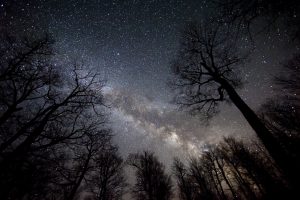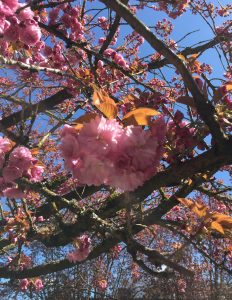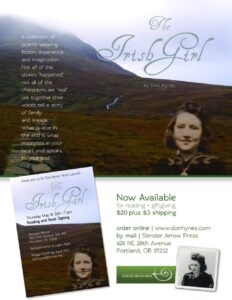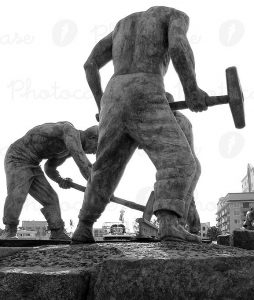
Near As Breath
Finding the well becomes a task. Haunted, near forgotten the once clear pool of water, thump of the bucket, smell of deep earth. Still as

Finding the well becomes a task. Haunted, near forgotten the once clear pool of water, thump of the bucket, smell of deep earth. Still as

When lights go down, the wheels stop turning we’ll be left with night sky, morning quiet, emptiness that welcomes. We’ll stop grinding our lives like

I slowly wake in winter’s cave, body stiff and sore. In gray skies trees bulge with sap, their flowers opening, the earth of another year

Oregon 1988 We stood on the porch, night sounds around us, the darkness comfortable, letting us be together without the impulse to talk electric light

“It was a shame wen dey kilt dat president” the old man said looking down on the colorful caladias “and dos utter gud men.” It